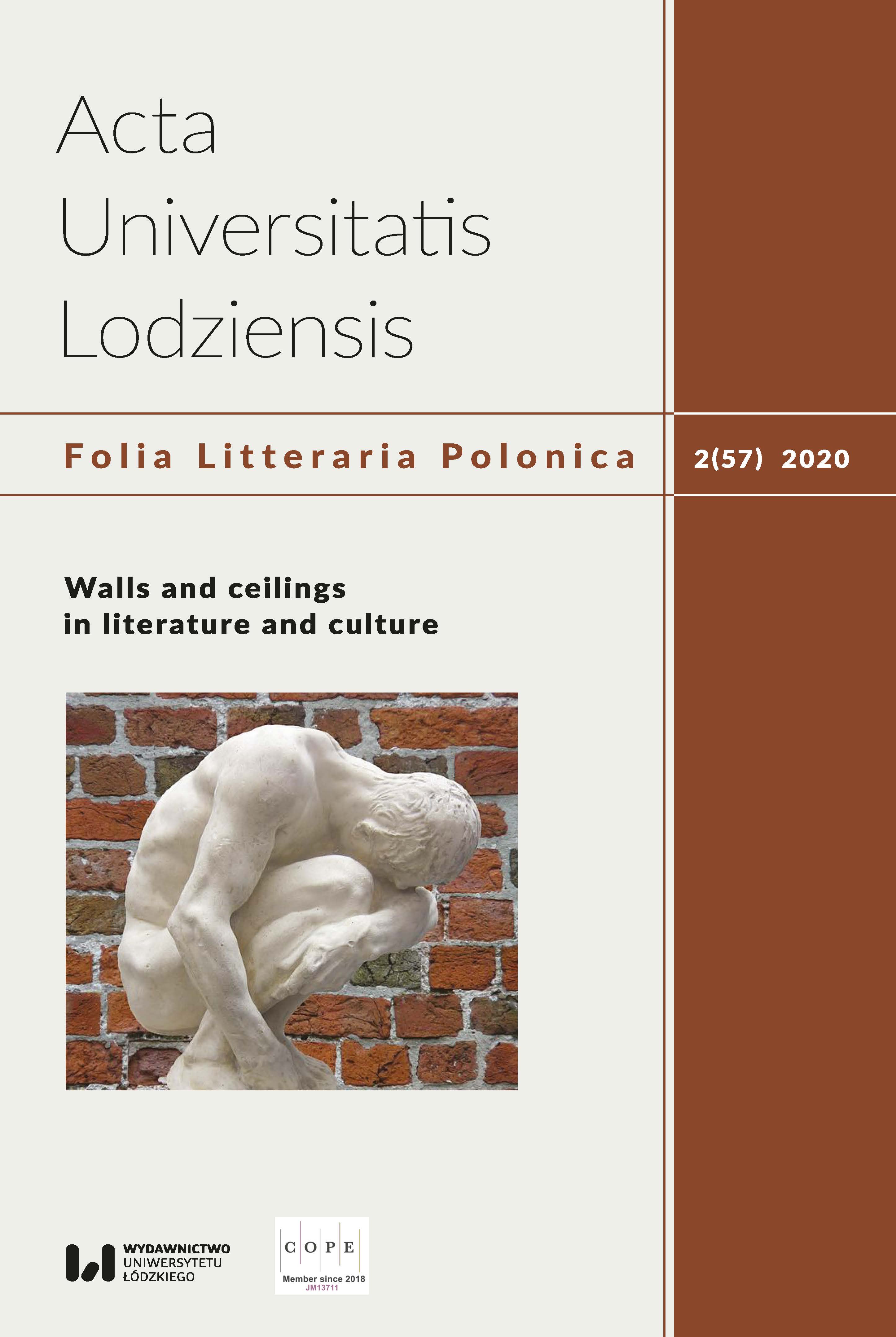The wall of silence surrounding literature and remembrance: Varlam Shalamov’s “Artificial Limbs”, Etc. as a metaphor of the soviet empire
The wall of silence surrounding literature and remembrance: Varlam Shalamov’s “Artificial Limbs”, Etc. as a metaphor of the soviet empire
Author(s): Marcin KępińskiSubject(s): History, Language and Literature Studies, Studies of Literature
Published by: Wydawnictwo Uniwersytetu Łódzkiego
Keywords: literature; testimony; memory; forgetfulness; totalitarianism; GULAG
Summary/Abstract: Literature of an autobiographical character acquires a special significance in the world of the bloody tragic events of the 20th century, i.e. the Holocaust, the Second World War, the realities of the Nazi and Soviet totalitarianisms, death camps, and forced labour. Those are the recollections of experienced trauma which shatters identity, and of existential experiences of a borderline nature, of which Shalamov, a witness to the epoch, felt an obligation to talk. An anthropological analysis of Varlam Shalamov’s short story titled Artificial Limbs, Etc. enables one to grasp the role of memory and autobiographical testimony as a kind of cultural and literary antidote to silence and memory distorted by the Soviet totalitarianism. The author of Kolyma Tales offered a faithful description of a world outside the ‘human’ world, one which was almost impossible to describe due to its inherent moral void, level of violence, and fear of the authorities who made people forget about the crimes, victims, and oppressors.
Journal: Acta Universitatis Lodziensis. Folia Litteraria Polonica
- Issue Year: 57/2020
- Issue No: 2
- Page Range: 7-25
- Page Count: 19
- Language: English

